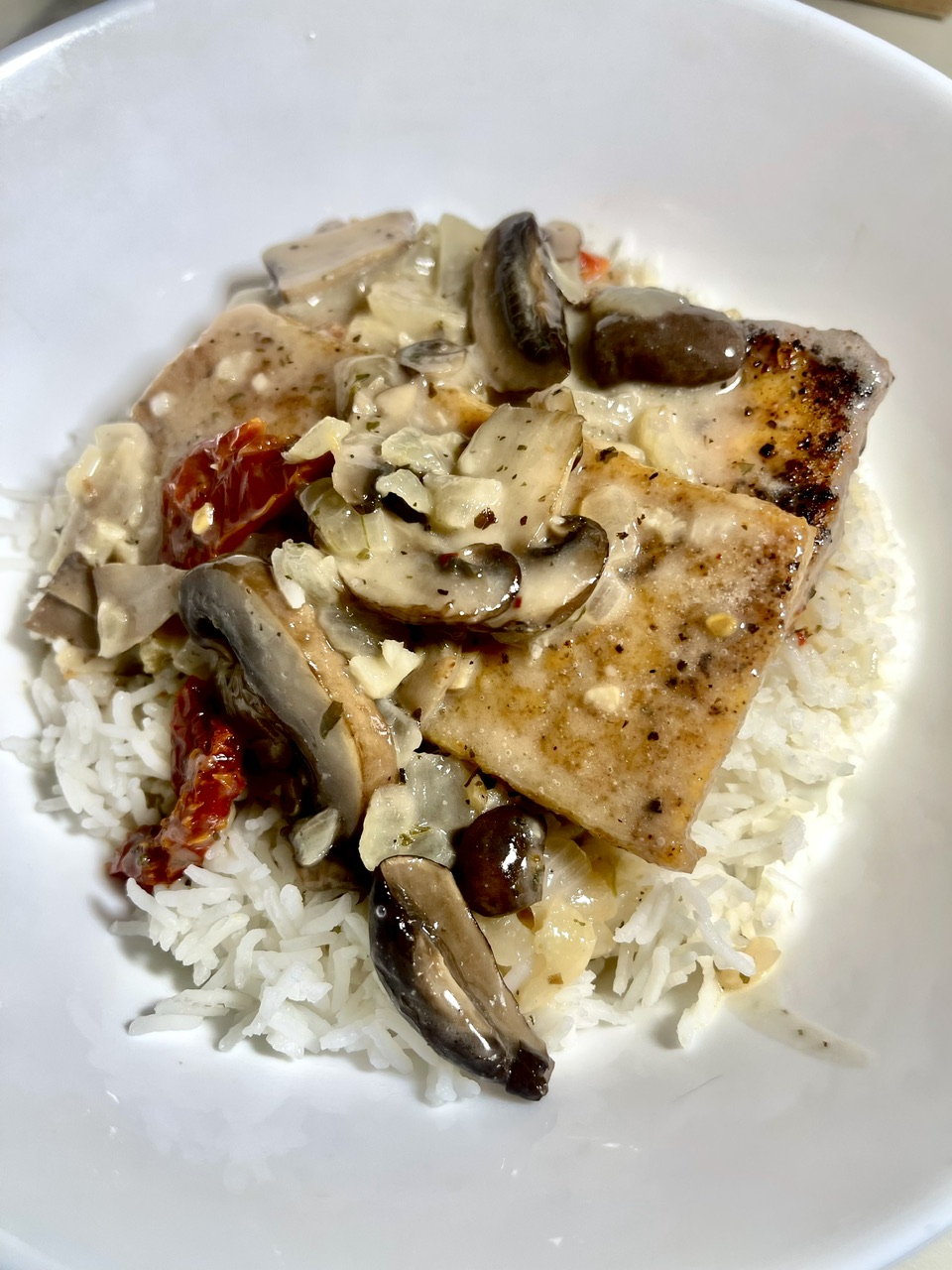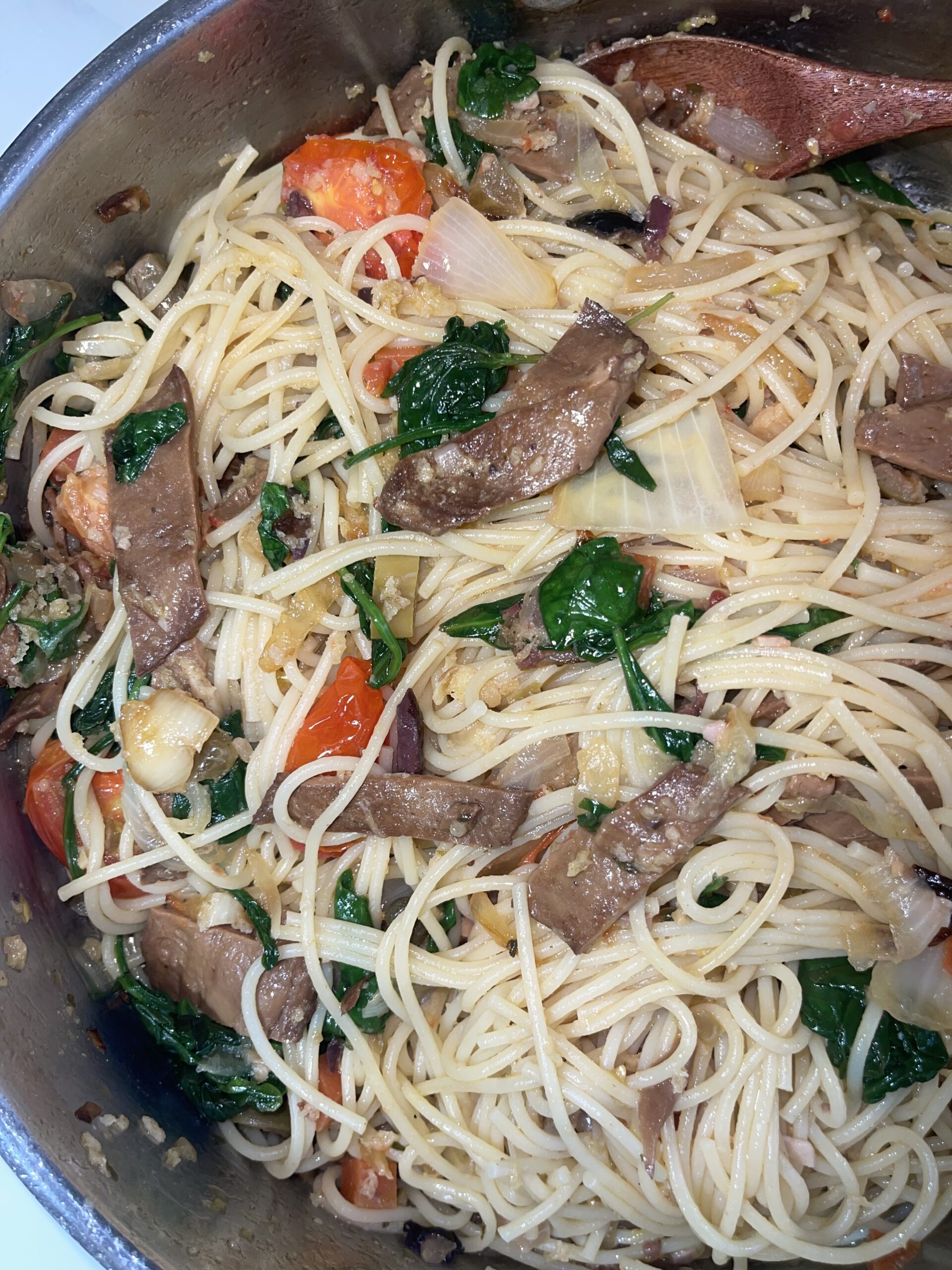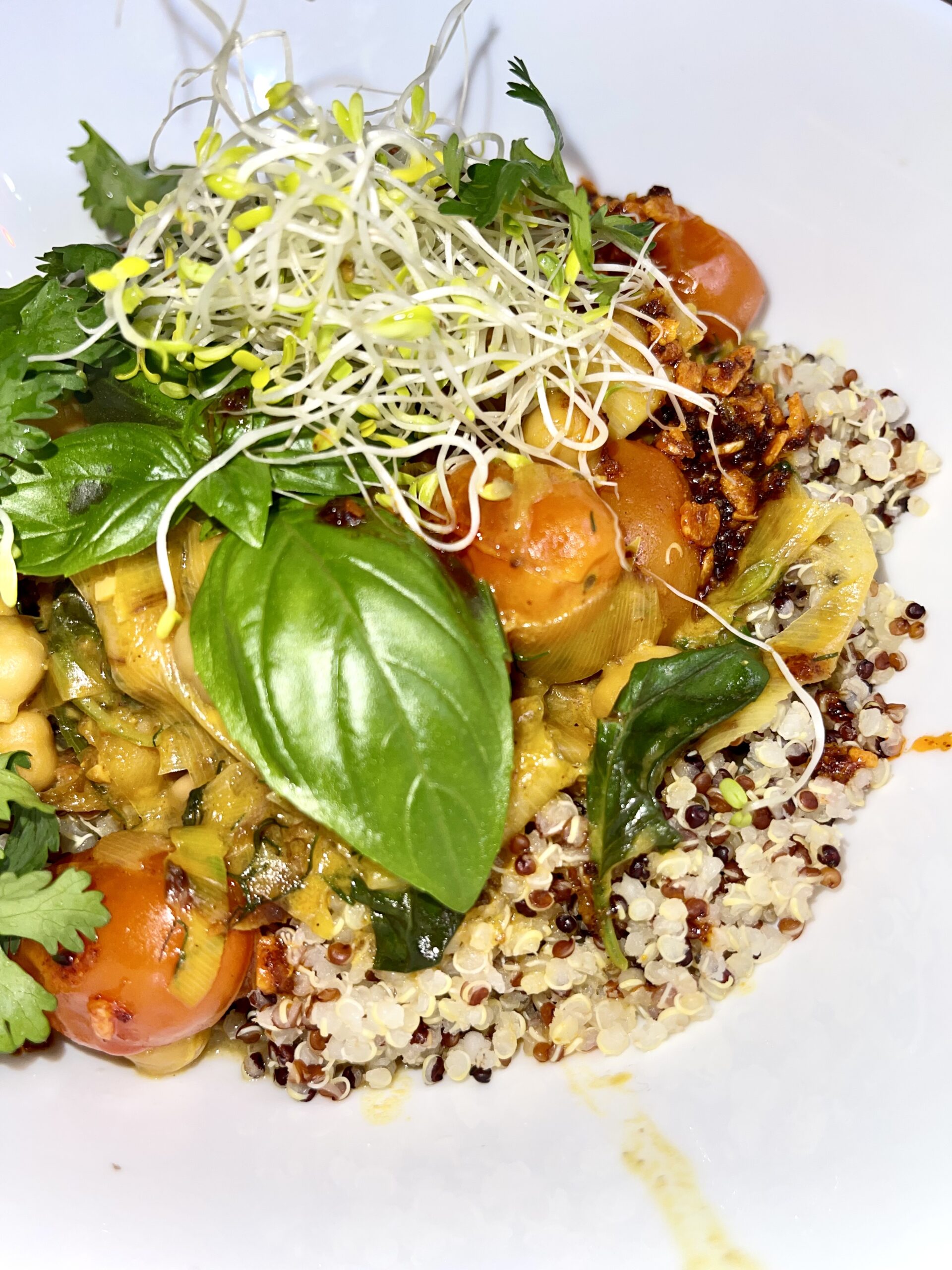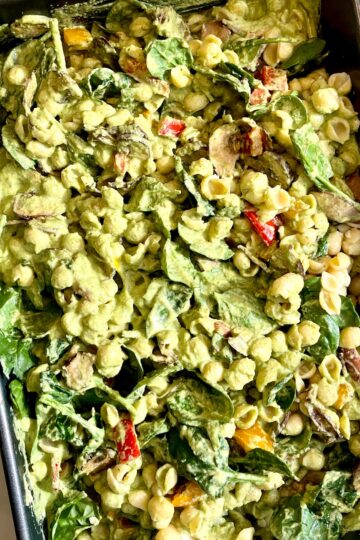Embarking on a journey toward a plant-based lifestyle can be incredibly rewarding, both for your health and the environment. However, transitioning to a vegan diet requires thoughtful consideration to ensure you're meeting your nutritional needs. Fortunately, with the right knowledge and food choices, you can thrive on a balanced vegan diet. In this guide, we'll explore six essential ingredients every aspiring vegan should know to achieve optimal health and vitality.

1. Tofu
Protein is a vital nutrient that plays a crucial role in building and repairing tissues, supporting immune function, and maintaining overall health. Contrary to popular belief, you can easily meet your protein needs on a vegan diet by incorporating a variety of plant-based protein sources such as lentils, beans, tofu, tempeh, edamame, quinoa, and nuts. These foods not only provide ample protein but also contain essential vitamins, minerals, and fiber for optimal health.
Here are some Tofu Recipes for you!
Marry Me Tofu (Vegan Marry Me Chicken) Recipe

2. Spinach
Iron is essential for the production of red blood cells and oxygen transport throughout the body. While iron is abundant in many animal products, there are plenty of plant-based sources as well. Incorporate iron-rich foods into your diet, such as leafy greens (e.g., spinach, kale, collard greens), legumes (e.g., lentils, chickpeas, black beans), tofu, quinoa, fortified cereals, and pumpkin seeds. Pairing iron-rich foods with sources of vitamin C, such as citrus fruits or bell peppers, can enhance iron absorption.
Easy Vegan Bacon & Spinach Spaghetti Recipe
Creamy Cashew Cheese Penne & Spinach Recipe
Cashew Spinach & Artichoke Dip

3. Flax oil
Omega-3 fatty acids are essential fats that play a crucial role in brain health, heart health, and reducing inflammation in the body. While fatty fish is a common source of omega-3s, vegans can obtain these beneficial fats from plant sources such as chia seeds, flaxseeds, hemp seeds, walnuts, and algae-based supplements. Aim to include these omega-3-rich foods regularly in your diet to support overall well-being. Recipes you can add flax oil to.
Vegan Sunflower Seed Cilantro Pesto Pasta Recipe

4. Alfalfa Sprouts
Vitamin B12 is crucial for nerve function, DNA synthesis, and red blood cell production. Since vitamin B12 is primarily found in animal products, it's important for vegans to obtain this nutrient through fortified foods or supplements. Look for fortified plant-based milks, breakfast cereals, nutritional yeast, or consider taking a daily vitamin B12 supplement to ensure you meet your nutritional needs. Dandelion, Hawthorne berries & Algaes are some vegan sources of Vitamin B12. Garnish these results copes with Alfalfa sprouts!
Easy Chickpea Ssamjang Curry With Fluffy Quinoa
Gemelli With Truffle Tofu Ricotta & Vegan Meatballs
Easy Chinese Style Sautéed Tofu & Garlic Mushrooms

5. Kale
Calcium is essential for maintaining strong bones and teeth, as well as supporting muscle function and nerve transmission. While dairy products are often touted as the best sources of calcium, there are plenty of plant-based options available. Incorporate calcium-rich foods into your diet, such as fortified plant-based milks, tofu made with calcium sulfate, leafy greens (e.g., collard greens, kale, bok choy), almonds, and sesame seeds. Easily add Kale to these recipes!
Harissa Lemon Chickpea Curry With Potato
VEGAN MOUSSAKA WITH BEYOND MEAT RECIPE

6. Mushrooms
Mushrooms are rich in Vitamin D and is important for bone health, immune function, and overall well-being. While sunlight is the primary source of vitamin D for most people, it can be challenging to obtain sufficient levels, especially during the winter months or for those living in northern latitudes. Consider incorporating fortified foods such as plant-based milks, orange juice, or cereal, and discuss with your healthcare provider whether a vitamin D supplement is necessary based on your individual needs. Give these Mushroom Recipes a try!
VEGAN BACON MUSHROOM STROGANOFF
VEGAN CASHEW CREAM & MUSHROOM SPAGHETTI RECIPE
Easiest Vegan Thai Mushrooms & Tofu Curry

7. Quinoa
Quinoa, a nutrient-dense whole grain, is prized for its high protein content, fiber, and essential vitamins and minerals. As a complete protein source, it contains all nine essential amino acids, making it a valuable addition to vegetarian and vegan diets. With its delicate nutty flavor and versatile culinary applications, quinoa is ideal as a base for salads, buddha bowls, or as a nutritious alternative to rice or pasta in various recipes. Use quinoa for these recipes!
Easy Chickpea Ssamjang Curry With Fluffy Quinoa
Transitioning to a vegan diet can offer a plethora of health benefits, from reducing the risk of chronic diseases to supporting a healthy heart and immune system. By incorporating these six essential ingredients—plant-based proteins, iron-rich foods, omega-3 fatty acids, vitamin B12, calcium-rich foods, and vitamin D—into your daily meals, you can enjoy a balanced vegan diet that nourishes your body and supports your overall health. Remember to focus on variety, enjoy a wide range of plant-based foods, and consult with a registered dietitian or healthcare provider for personalized guidance on meeting your nutritional needs. With the right knowledge and food choices, you can thrive on a plant-powered journey toward optimal health and vitality.





